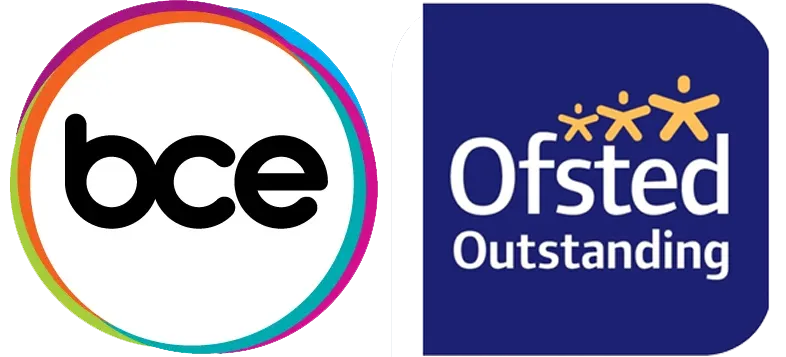
Both apprenticeships and technical and vocational education programs, or T Levels as they are called in England, offer students the chance to gain hands-on experience in a specific field of study.
However, there are some key differences between apprenticeships and T-Levels. So which is right for you? Let’s take a closer look at these two educational options before making a decision.
What is a T-Level?
T Levels are a new type of qualification introduced by the UK government in 2020. They’re two-year courses taken after GCSEs. Generally speaking, they’re equivalent to 3 A Levels.
T Level courses are produced in collaboration with colleges and employers, meaning that the students learn everything they need to know to prepare for a career in that particular area of skilled employment, or even to go on to further/higher education or a related apprenticeship.
The courses, which are widely available at a range of education providers in the UK, offer students practical skills and knowledge at a school or college, plus real-world, on-the-job experience through a 45-day work placement. This equates to at least 315 hours, but it can be much more. In September 2022, Big Creative Education is running a T Level in Digital Design and Development. Fancy being an app developer? Find out more here.
The UK government says that once a T Level is completed the certificate will include:
- an overall grade for the T Level, shown as pass, merit, distinction or distinction*
- a separate grade for the core component, using A* to E
- a separate grade for each occupational specialism, shown as pass, merit or distinction
It will also confirm that the student has completed the industry placement and met any additional mandatory requirements as part of the course. UCAS Points are also allocated to T Levels, to help students progress through their education. This is especially useful if a student is considering university.
| UCAS tariff points | T Level overall grade | A level |
| 168 | Distinction* (A* on the core and distinction in the occupational specialism) | AAA* |
| 144 | Distinction | AAA |
| 120 | Merit | BBB |
| 96 | Pass (C or above on the core) | CCC |
| 72 | Pass (D or E on the core) | DDD |
T Levels differ from an apprenticeship. T Levels prepare students for work, further training or further study. An apprenticeship is typically 80% on-the-job and 20% in the classroom and is more suited to those who want to earn a wage and learn at the same time, and are ready to enter the workforce at age 16.

What is an Apprenticeship?
As we mentioned, apprenticeships are a regulated program that allows students to gain hands-on experience in a career through a meaningful industry placement, with some classroom study. Apprenticeship programs are overseen by a certified industry specialist and they usually last between one and four years, depending on the apprentice’s age and the course they choose.
The apprenticeship system is also a great way for students to earn some money while staying in school. Unlike a typical job, apprenticeships allow students to continue learning at the same time. They will be able to take on a wide range of responsibilities, gain real-world experience and specialist skills.
Upon completion of the apprenticeship program, apprenticeship certificates can be used as a stepping stone toward a career in a specific area or can be used as a foundation for further training. Practically speaking, the apprenticeship system is a good way for students to earn some money while staying in school.
We wrote an article about the highest-paid apprenticeships in the UK. If you want to learn more, read the blog post here.
Which is Better?
T Levels and apprenticeships are both educational options that allow students to receive hands-on experience in a particular field. So, which program is better? Well, it all depends on what you’re looking to get out of your education and where you see your future career.
If you want to get real-world experience while still studying, a T Level is a great option for students looking for that. On the other hand, if you are looking to earn some money while in high school, an apprenticeship course might suit your needs.
Both routes have their pros and cons, so it’s best to decide which one suits your needs best. If you need help deciding, Big Creative Education is on hand to help. Feel free to contact us or come along to one of our open days and we’ll give you some guidance.




